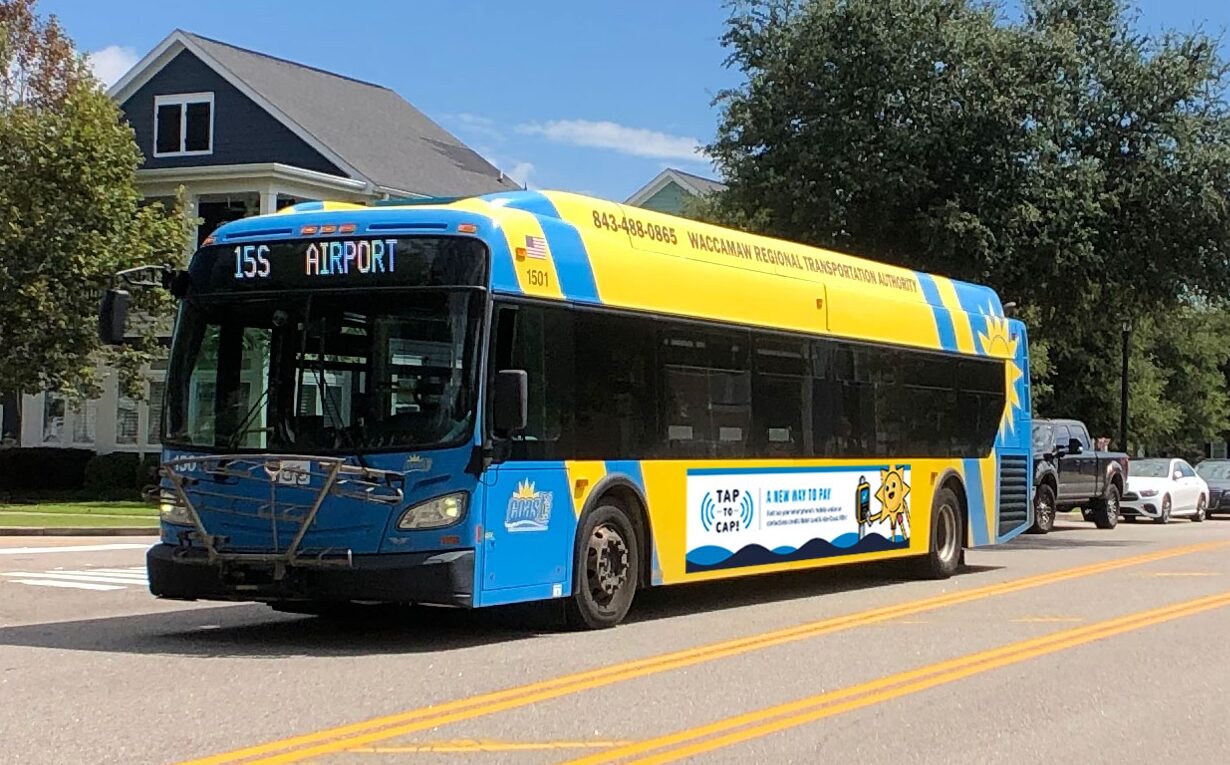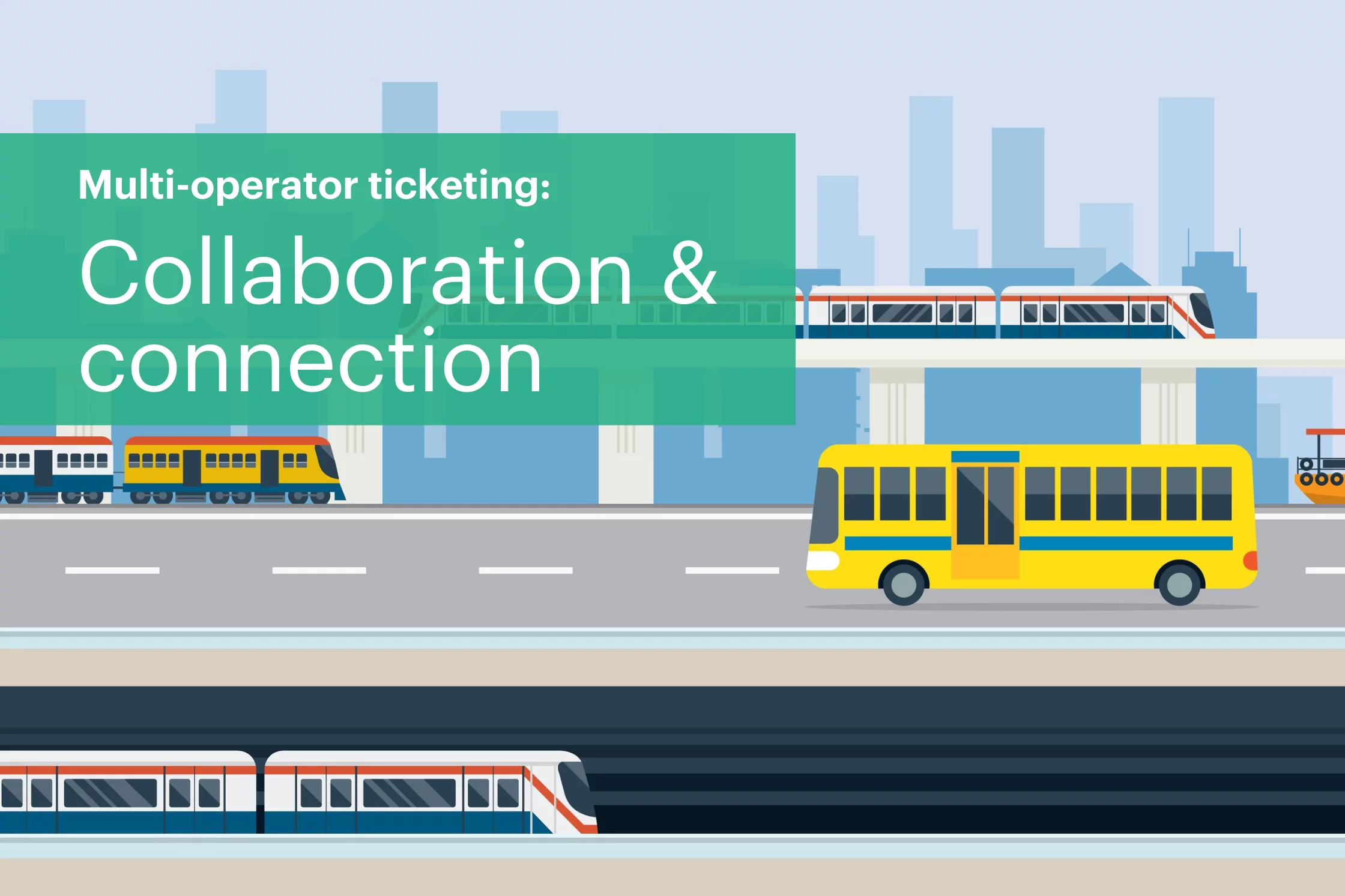PAR Deny Lists – a new way of dealing with fraud
by Andreea
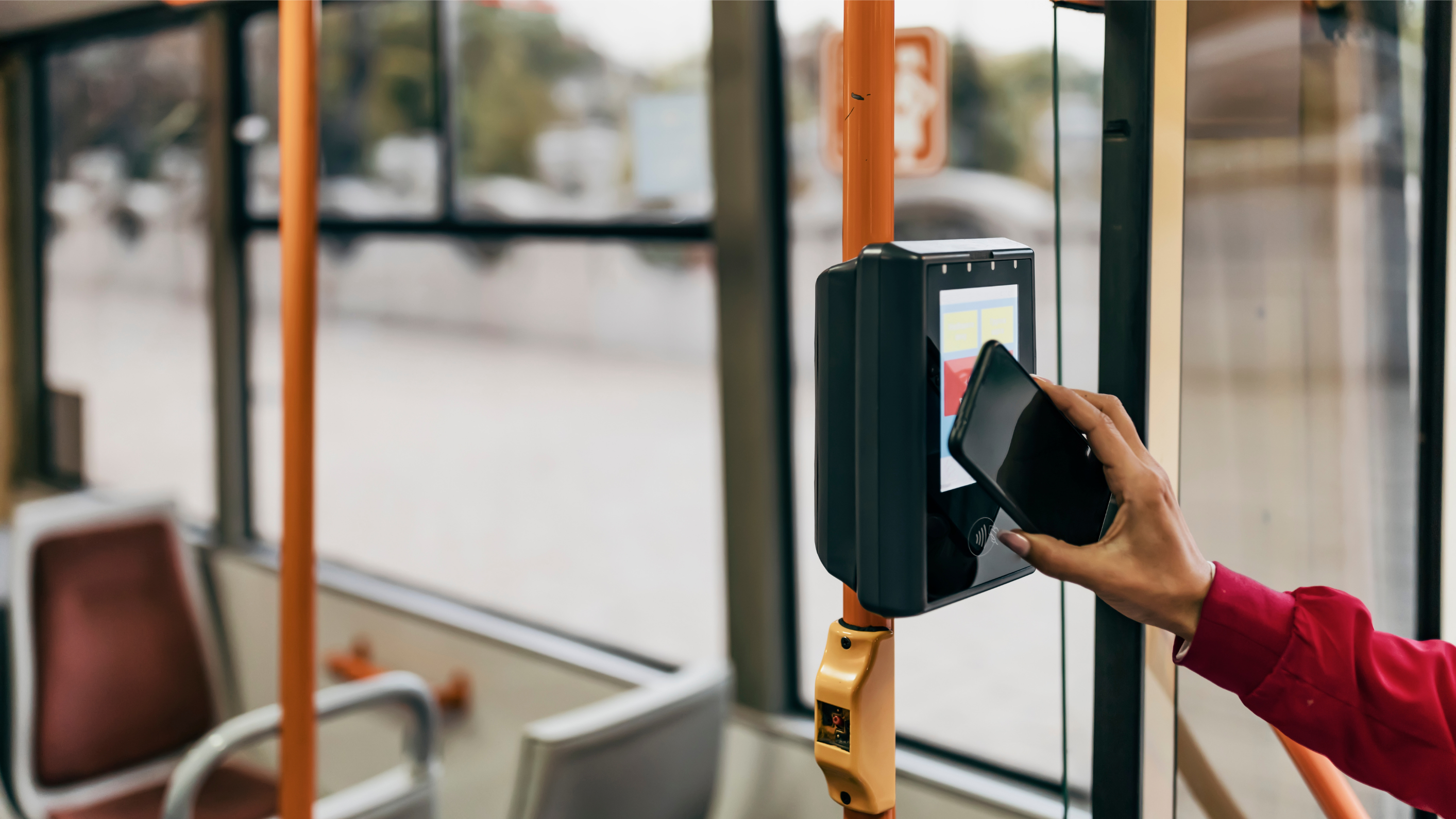
Location: UK
Transit Operator: Stephensons of Essex
Partners: Ticketer, TransMach
The PAR Solution: Blocking Fraud at the Account Level
Littlepay works to maximise debt recovery arising from declined transactions and measures unrecoverable debt as a key metric across its transit merchants. In the UK, the average market decline rate is around 1.65% which is reduced to just 0.05% after applying Littlepay’s debt recovery strategies.
Traditional deny lists operate at the card number (PAN) level, meaning they only block specific individual cards. PAR deny lists, however, take a different approach. By targeting the account itself, they can block all cards linked to a user’s account, regardless of the mobile wallet card number they use. This hones in on fare evaders who switch between devices, preventing further unauthorised transactions. This helps maintain Littlepay’s extremely low percentage of unrecoverable debt.
The Benefits of PAR Deny Lists
PAR deny lists ensure that persistent fraud isn’t possible, by identifying the fraudulent behaviour and blocking the account before they can cause more damage, significantly reducing the risk of unpaid journeys.
- Reduced Debt: By stopping fraudulent transactions in their tracks, PAR deny lists help operators maximise revenue.
- Early prevention: By detecting and preventing fraud as it emerges, it becomes a deterrent to would-be fraudsters from targeting public transport.
- Complementary to Existing Measures: PAR deny lists work alongside existing card-level deny lists, providing a multi-layered defence against fraud.
A Case in Point: Early Success with Stephensons of Essex
Stephensons of Essex, a pioneering operator in the UK, was among the first to adopt PAR deny lists through Littlepay’s partnership with TransMach. The results have been impressive: within the initial one-month rollout period, the system prevented fraudulent taps worth approximately £3K, showcasing the power of this new layer of protection.
Our long-term partnership with Littlepay is grounded in a shared commitment to innovation and integrity—leading with technology, protecting revenue as our top priority, and delivering seamless payment experiences with transparent reporting that empower operators and drive progress.
Minesh Vandra
Director at TransMach Systems
Looking Ahead: The Future of PAR Deny Lists
While PAR deny lists offer a powerful solution, there’s always room for improvement. At the moment, Littlepay’s Operations team dedicates time & effort on a daily basis to identify and prevent fraudulent behaviour. PAR Deny lists are available to Littlepay partners globally, streamlining the integration process and making PAR deny lists easily accessible to operators of various sizes and scales. Following successful trials, TransMach now offers this feature as a standard on their ETMs. Littlepay has also partnered with Ticketer and PAR Deny Listing is available in Ticketer’s latest release of ETM software, this is already deployed on c.10,000 ETMs nationwide.
Conclusion: A Game Changer for Public Transport Security
The rise of digital wallets required different solutions to manage payment risk in transit. A swift introduction of PAR deny lists addresses these new emerging fraud cases. By blocking fraud at the account level, as opposed to the card level, this technology helps operators recover lost revenue, enhance security, and create a more reliable and efficient travel system for everyone.
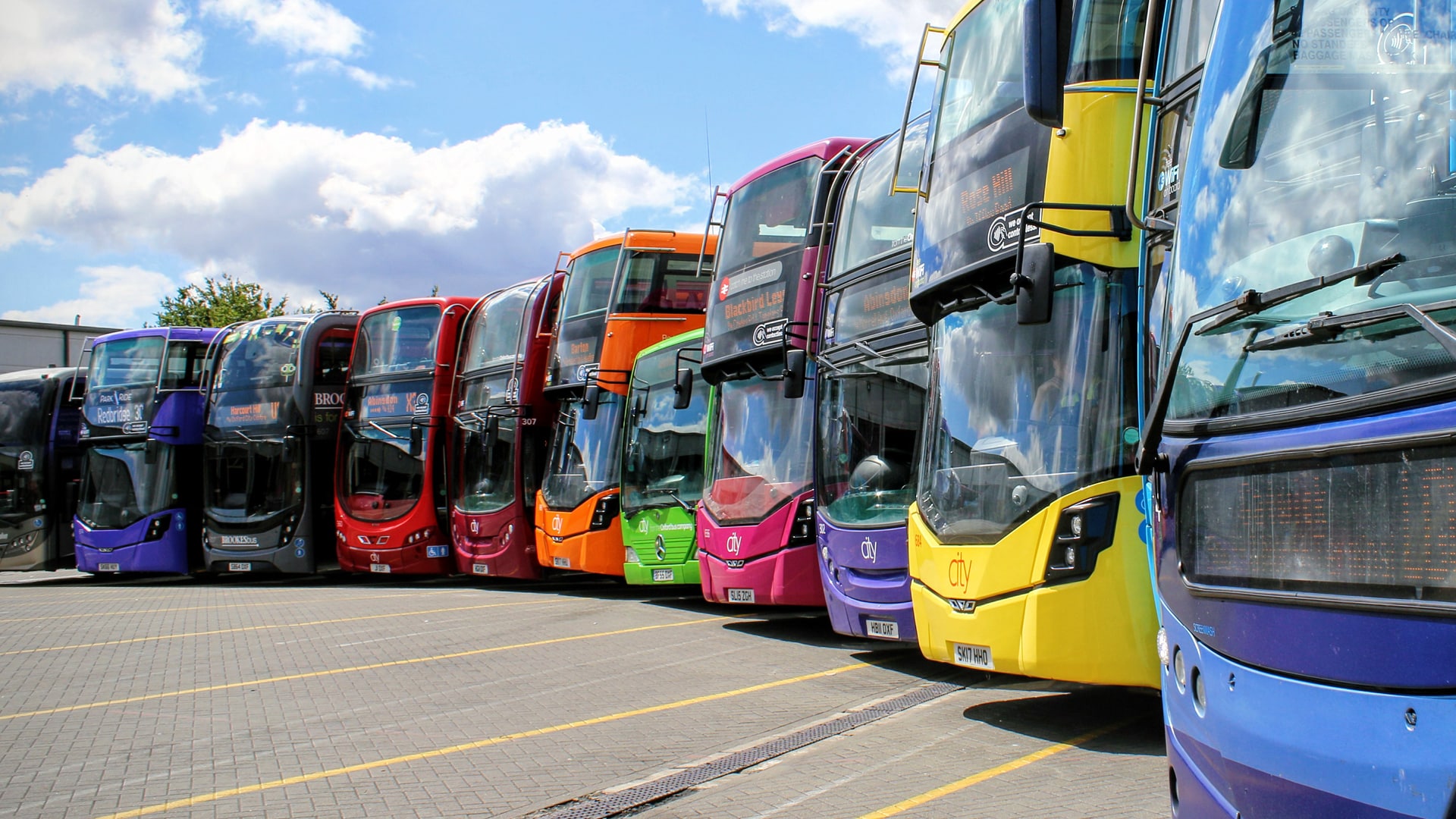
Building innovations that enhance passenger experience with Go-Ahead
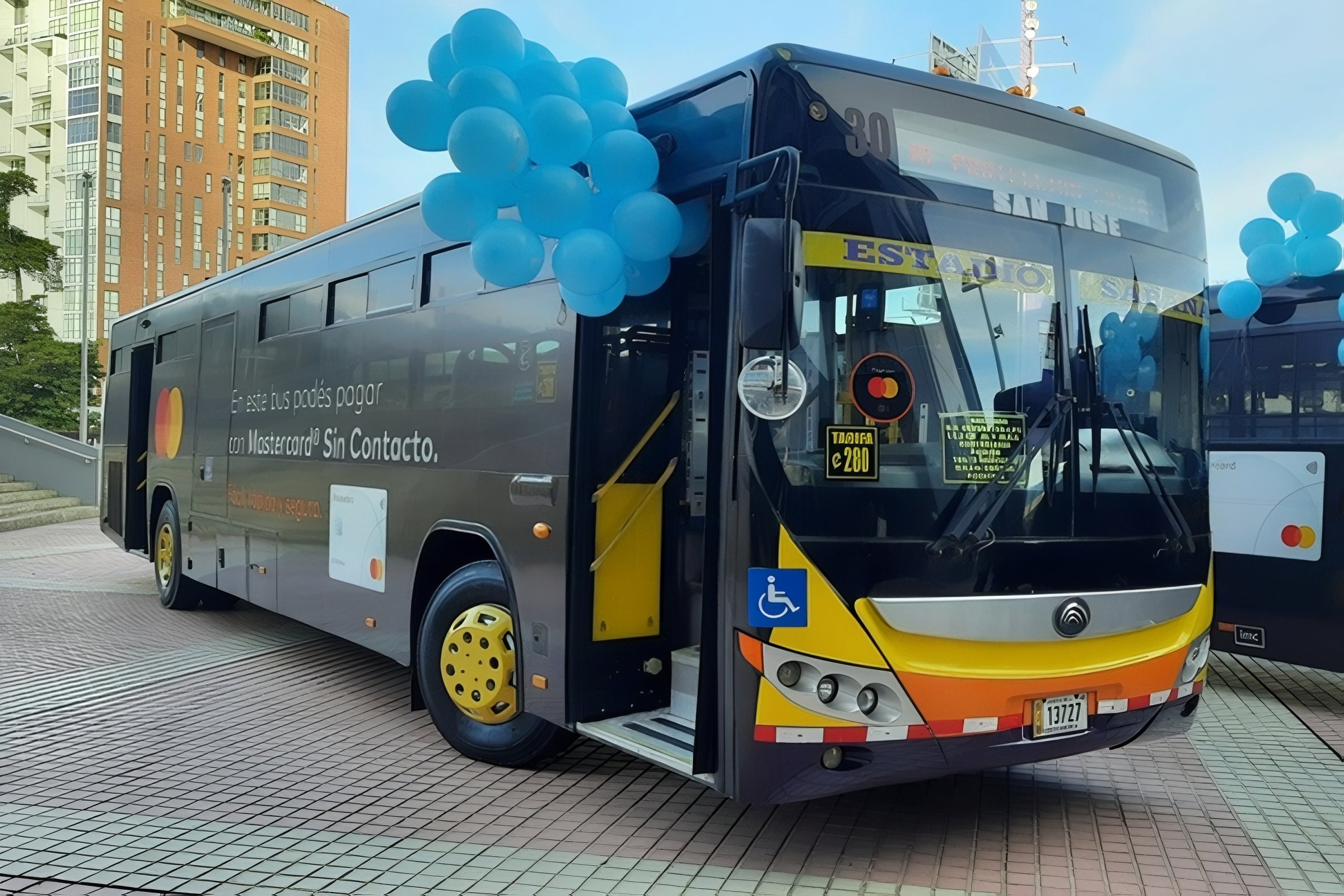
Enabling Costa Rica’s Journey Towards a Cashless Society with Open-Loop Payments
